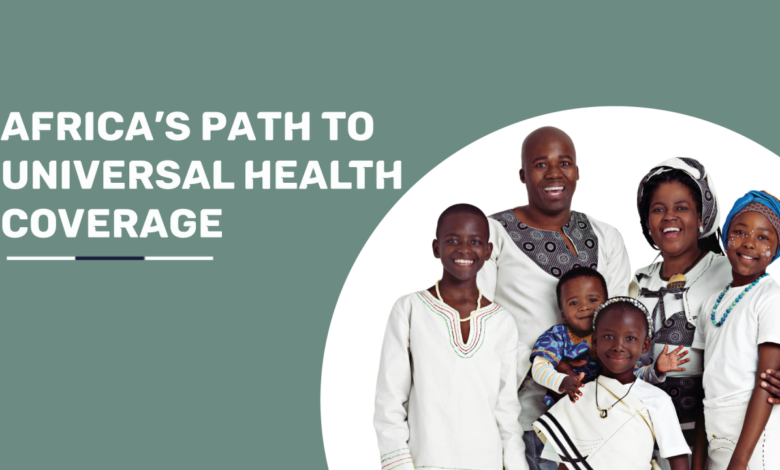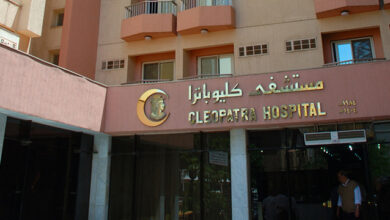African Health Leaders Forge a New Path in Health Financing: A Commitment to Universal Health Coverage

In a landmark initiative to revolutionize health financing across the continent, African health leaders have embarked on developing a comprehensive roadmap aimed at reshaping the health financing ecosystem to be more effective, efficient, and equitable. This strategic endeavor seeks to accelerate progress toward Universal Health Coverage (UHC) and ensure sustainable health outcomes for all Africans.
Addressing the Urgent Need for Sustainable Health Financing
The reliance on out-of-pocket payments for healthcare services has been a significant barrier to accessing essential medical care in Africa. A recent report by the World Health Organization (WHO) Regional Office for Africa revealed that over 200 million individuals face financial hardship due to these expenses, with more than 150 million pushed into poverty as a result. Alarmingly, half of the global population impoverished by healthcare costs resides in Africa, underscoring the critical need for reform in health financing strategies.
United Nations
The Lusaka Agenda: A Strategic Framework for Transformation
In response to these challenges, the Lusaka Agenda was introduced on Universal Health Coverage Day, December 12, 2023. This agenda outlines five strategic shifts essential for the evolution of Global Health Initiatives (GHIs)
Strengthening Primary Health Care: Enhancing the foundation of health systems to provide comprehensive and accessible services. Catalyzing Domestic Financing: Encouraging increased national investment in health to reduce dependency on external funding. Promoting Health Equity: Implementing joint approaches to address disparities and ensure equitable health outcomes.
Enhancing GHI Coherence: Improving coordination among GHIs for more streamlined and effective interventions. Coordinating Product Development and Manufacturing: Addressing market and policy failures through improved collaboration in research, development, and regional manufacturing.
The roadmap for implementing the Lusaka Agenda is set to be presented for consideration by health ministers at the WHO Regional Committee for Africa meeting in Brazzaville, Congo, in August 2025.
Collaborative Efforts and Financial Commitments
Recognizing the importance of sustainable financing, 14 African nations, along with key global partners, collectively pledged over US$ 45 million towards health initiatives during the WHO Regional Committee for Africa on August 27, 2024. Notable contributions include
Children’s Investment Fund Foundation (CIFF): Committed US$ 10 million over four years to address intersections between sexual and reproductive health, maternal and newborn health, climate and health, and neglected tropical diseases.
Kuwait Fund for Arab Economic Development: Renewed support with US$ 5 million dedicated to the Expanded Special Project for Elimination of Neglected Tropical Diseases (ESPEN) from 2024 to 2028. These pledges underscore a unified commitment to investing in Africa’s health systems, emphasizing that health for all is an investment, not a cost.
Challenges Amidst Shifting Global Aid Dynamics
The recent reduction in foreign aid, notably the significant cuts by the U.S. government, poses challenges to disease control efforts in Africa. These funding reductions have disrupted essential health projects combating diseases such as malaria, AIDS, and Ebola. In response, African health leaders are actively seeking alternative funding solutions and exploring sustainable financing mechanisms to mitigate the impact of these aid cuts.
A Unified Vision for a Healthier Africa
The collective efforts of African health leaders, in collaboration with regional and global partners, signify a pivotal shift towards self-reliance and sustainability in health financing. By implementing the strategic shifts outlined in the Lusaka Agenda and securing substantial financial commitments, Africa is poised to make significant strides toward achieving Universal Health Coverage.
This transformative journey underscores the unwavering dedication of African nations to prioritize health, equity, and sustainable development for all citizens.






Leave feedback about this